Neuroplasticity allows the brain to rewire itself after injury from "summary" of Phantoms in the Brain by V. S. Ramachandran
Neuroplasticity is the brain’s remarkable ability to adapt and reorganize itself in response to changes in the environment or injury. This phenomenon allows the brain to compensate for damage by rewiring itself to regain lost functions. When a part of the brain is damaged, the surrounding areas can take over to perform the functions that were lost. This process involves the formation of new neural connections and the strengthening of existing ones. One of the most fascinating examples of neuroplasticity is the case of patients who have suffered a stroke. After a stroke, the brain can reorganize itself by rerouting signals through different neural pathways. This allows the individual to regain some of the lost motor or cognitive functions. Through targeted rehabilitation and therapy, patients ca...Similar Posts
Strong social connections can provide emotional support and cognitive stimulation
When we talk about the impact of social connections on our brain health, we are delving into a subject that goes beyond just ca...
Environmental factors play a significant role in shaping behavior
Environmental factors are like invisible hands pushing and pulling us in different directions, determining the paths we take an...
Remember to sleep enough for optimal brain function
Getting enough sleep is crucial for optimal brain function. Sleep plays a vital role in our cognitive abilities, affecting ever...
Trust in your own resilience
Trusting in your own resilience means knowing that you have the ability to bounce back from whatever life throws your way. It m...
Challenge your beliefs and assumptions
The concept of challenging your beliefs and assumptions is fundamental to personal growth and transformation. It involves quest...
The brain can heal from injuries and recover functionality
The brain, that enigmatic organ within our skulls, has long been thought of as immutable when injured. However, recent research...
The brain is constantly changing throughout life
The brain, once thought to be fixed and unchanging after a certain age, is now understood to be constantly evolving and adaptin...
Memories are volatile
Memories are like delicate threads woven into the fabric of our minds. They are not static, unchanging entities, but rather dyn...

